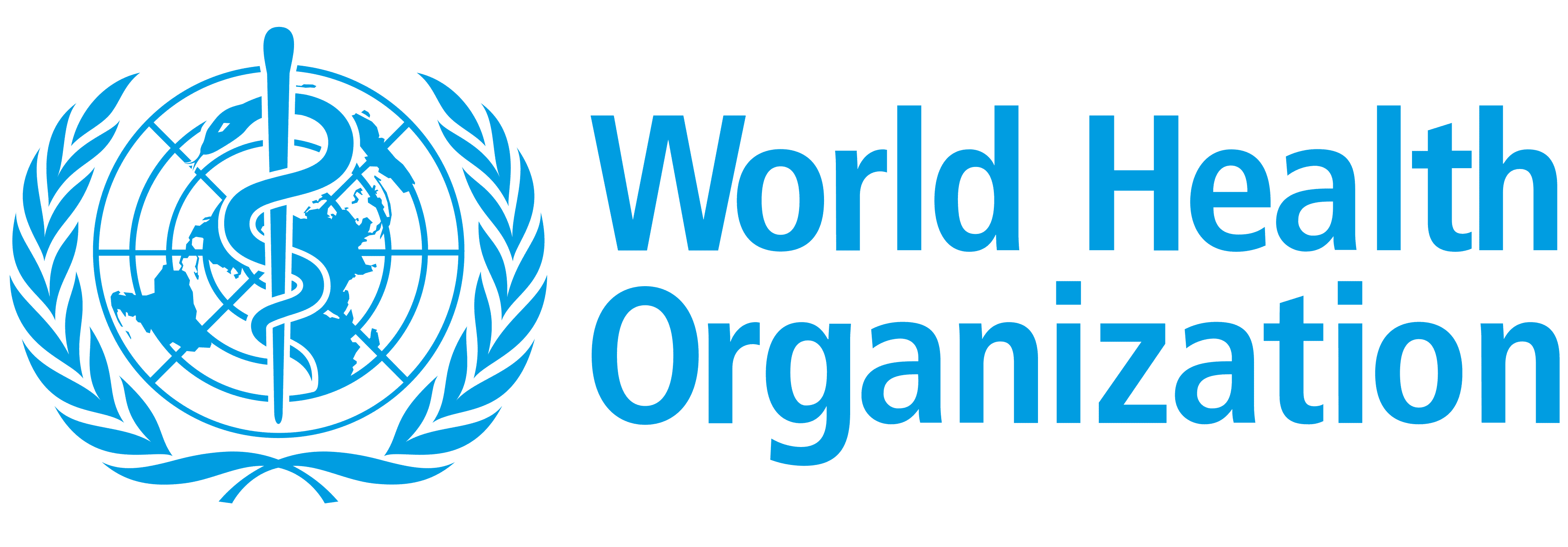
Country | Successes | Barriers |
|---|---|---|
Albania | ||
Armenia | Arboviral diseases are not considered an emerging public health threat in Armenia. | |
Bosnia and Herzegovina | ||
Bulgaria | ||
Croatia | Interdisciplinary and multisectoral "One Health" approach | |
France | Social mobilization and involvement of local communities (both a success and a challenge) | Social mobilization and involvement of local communities |
Georgia | Arboviral disease surveillance staff perceives adequate laboratory, entomologic and epidemiologic capacity, as a success. | Arboviral disease surveillance staff perceives lack of clinical suspicion among healthcare workers as a barrier/challenge. |
Germany | ||
Greece | Multi-sectoral collaboration (national, regional and local level): | Human resources/ public health workforce at national and local level (high workload), Advocacy |
Hungary | ||
Italy | ||
Malta | Committed staff | Lack of finances available for surveillance. |
Monaco | ||
Portugal | ||
Romania | Lack a specific plan for surveillance and control arboviral disease. | |
San Marino | ||
Slovenia | The success relies on good connectivity among partners. Lack of focus on potential threats posed by arboviral diseases is a potential barrier to provide a satisfactory number of experts and financial resources. | |
Spain | ||
Switzerland | One health concept | Multidisciplinary / multilevel working |
Turkey | Risk Assessment Meetings are organized within MoH in case of any arboviral disease epidemics in the world and also in case of local transmission of WNV. The situation is assessed, control methods are discussed and experts from MoH visit the province and support the local authorities in controlling the situation and perform field study. |
